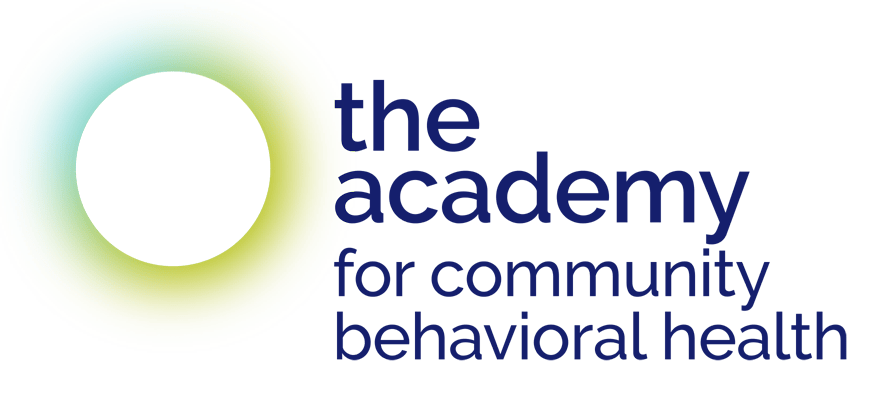All Scheduled Dates
None scheduled at this time
Course Type
Brief Learning Series
Course Length
1.25 hours
QUESTIONS?
Email [email protected]
ATTENDANCE POLICY
Learners who complete this course will receive a certificate of completion from the Academy.
Learners who complete all five courses in the Series: Tools for Coping with Stress and Trauma will receive a certificate of completion for the series.
Chronic Pain and Mental Health
DESCRIPTION
Pain is a common and difficult challenge. It has emerged as an urgent global health issue that impacts physical, psychological, and emotional health. Chronic pain is the second most common reason for outpatient visits in the U.S. Fortunately, scientific understanding of pain is growing as well as ways to help provide emotional support for those suffering from chronic pain. This course includes information about chronic pain, ways chronic pain impacts mental health, and personal and professional resources for reducing pain-related distress.
COURSE OBJECTIVES
Participants will:
- Learn about chronic pain and its impact on mental health
- Explore the impact chronic pain has on family systems and social support
- Discuss ways to support yourself and others who live with chronic pain
LEARNING PATH
This course is part of a Series: Tools for Coping with Stress and Trauma.
- Managing Stress and Building Resilience
- Managing Perceptions of Control
- Journaling to Manage Stress and Build Resilience
- Chronic Pain and Mental Health
- Preventing and Managing PTSD
Those who complete all five courses will receive a certificate of completion for the series.
WHAT TO EXPECT
This course will include presentation as well as opportunities to participate and discuss the tools presented.
ELIGIBILITY
This course is open to staff of any non-profit community organization or government agency that delivers social services in NYC.
INSTRUCTORS

